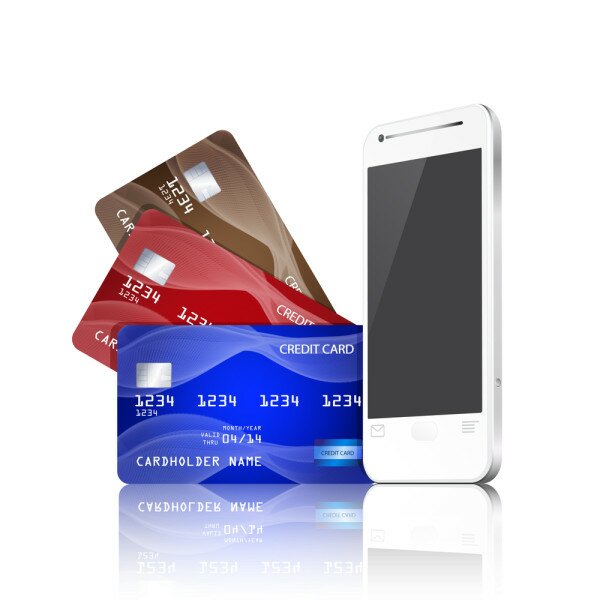
South Africa and Kenya are leading the continent in embracing and adopting cashless payments, according to the results of a new global survey.
Dubbed The Cashless Journey, the report shows that 43 per cent of South Africans, 27 per cent of Kenyans and 7 per cent of Egyptians, which came third in the continent, had adopted fully the cashless system for settling bills, buying goods and paying for various services.
Covering 33 countries in Africa, the report observes Kenyan mobile money platform M-Pesa has contributed significantly to cashless payments, with many other providers in the region rolling out similar products.
Peer Stein, director of access to finance advisory services at the International Finance Corporation, said although many countries have promoted use of credit cards and electronic fund transfers, policy on handling cash has been overlooked.
“What seems to be overlooked in the policy dialogue is that cash takes time to access, is riskier to carry, and costs a country up to 1.5 per cent of its gross domestic product,” Stein said.
“We cannot expect the journey from cash toward electronic payments to be completed overnight, yet driven by technological advances and public-private partnerships this trend has gathered significant momentum over the past few years.”
A recent infographic presented by GSMA mobile for development, shows that 31 per cent of Kenya’s GDP is transacted through mobile money, with users standing at 23 million accounting for 74 per cent of the entire adult generation in the country.
The infographic chronicles the development of mobile money in Kenya, where Safaricom’s M-Pesa dominates the landscape over Airtel Money and Orange money.
The Kenyan experience with mobile money is testimony to how technological innovations coupled with a supportive policy environment and appropriate oversight can enhance the level of financial inclusion and economic growth,” the report said.
The Cashless Journey report focuses on the value of all consumer payments where US$63 trillion in total was spent including those that happen beyond retail point-of-sale in supermarkets, petrol stations and restaurants that accept card payments.






















